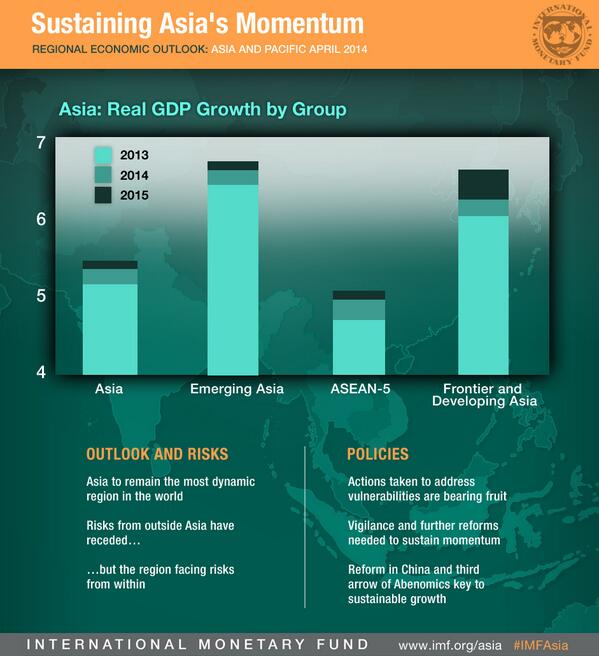In an interview with The Wall Street Journal, Youku Tudou Founder and Chief Executive Victor Koo said the company held talks with a few companies in parallel, eventually deciding on Alibaba after a series of meetings in Shanghai, Beijing and Hong Kong in recent months. Mr. Koo spoke about how his company will make use of the funds, the rash of recent deals in China’s Internet sector, and the government’s recent crackdown on four American TV shows. The following is an edited excerpt of the interview.
WSJD: What was the motivation for taking the investment from Alibaba?
Koo: When we first really considered a strategic investment, we talked to all potential partners and indicated Youku Tudou is an independently operated company so we were looking for strategic investments to take us to the next step. The strategic investment itself will help us accelerate our progress as well as the whole development of our Internet entertainment media platform.
We’ve been around now for 7 or 8 years and we’re looking at this as an important strategic step to progress us to the next level with financial resources, strategic resources…because we see these opportunities happening around us, we want to leverage the market opportunity that is in front of us.
WSJD: What is Alibaba’s motivation for making more investments into media and entertainment in China?
Koo: From their perspective clearly the whole area of video as well as entertainment media is a growth sector as China moves to a consumer-led economy. This is an area where traditionally they have not focused, and they really felt, that by investing in Youku Tudou they [can leverage that]. I think we have a lot of common vision and common goals in terms of what [the video and entertainment industry] can be in China.
For example, the U.S. and Europe have a very developed media entertainment business, but in Asia you look at Korea for example, it’s a relatively small country but its culture and entertainment industry has widespread influence in Asia as well as the rest of the world. China has a huge population and a very sizable Internet space…that kind of reach can create a lot of interesting opportunities. With our base, I think whether it’s in terms of content and how it ties with Alibaba’s businesses in terms of commerce, big data, cloud as well as payment, there are a lot of interesting areas we will explore together.
WSJD: What is your view on the recent crackdown by the government on several popular U.S. television shows including “The Good Wife,” which you feature on your site?
Koo: Besides our strength in web-based original content, syndication is also an area where we started global syndication earlier than any of our competitors and have the broadest library here. Overall, what we see is that the regulatory authorities are highly supportive of this and of course there may be isolated incidents or content [that have problems] – that is something that as an industry we need to cooperate and work with under the overall framework here in China. And so we don’t see that as a widespread phenomenon. I think it’s new enough that we’re also having communication [with the government].
WSJD: What’s going on in China’s Internet sector now with all these big deals?
Koo: I’ve recently talked about the 20 years of the Chinese Internet, in my view there are a couple of inflection points in these 20 years and 2013 and 2014 is definitely one of those inflection points. I think in five to ten years when people look back [they will see] this is the beginning of the multiscreen age, and mobile Internet and smart TVs, all these things are coming together.
So you’ve seen an acceleration of industry growth as well as an acceleration of strategic cooperation of different forms, investments, partnerships, acquisitions, and mergers and so forth. These kinds of strategic tie ups [happen] when you see a market opportunity and a market inflection that has encouraged the key players in the industry to be more open-minded or more proactive in terms of thinking outside the box and being more strategic.
WSJD: How will this affect Youku Tudou’s cooperation with other companies?
Koo: Youku Tudou has an open cooperation strategy and that will continue to be the case, so we work with a wide variety of screen manufacturers, whether it’s smart TVs or set-top boxes because we have the leading content software service and user base in terms of video.





